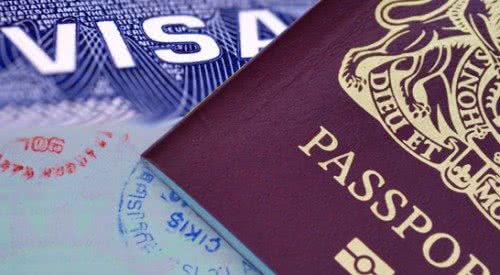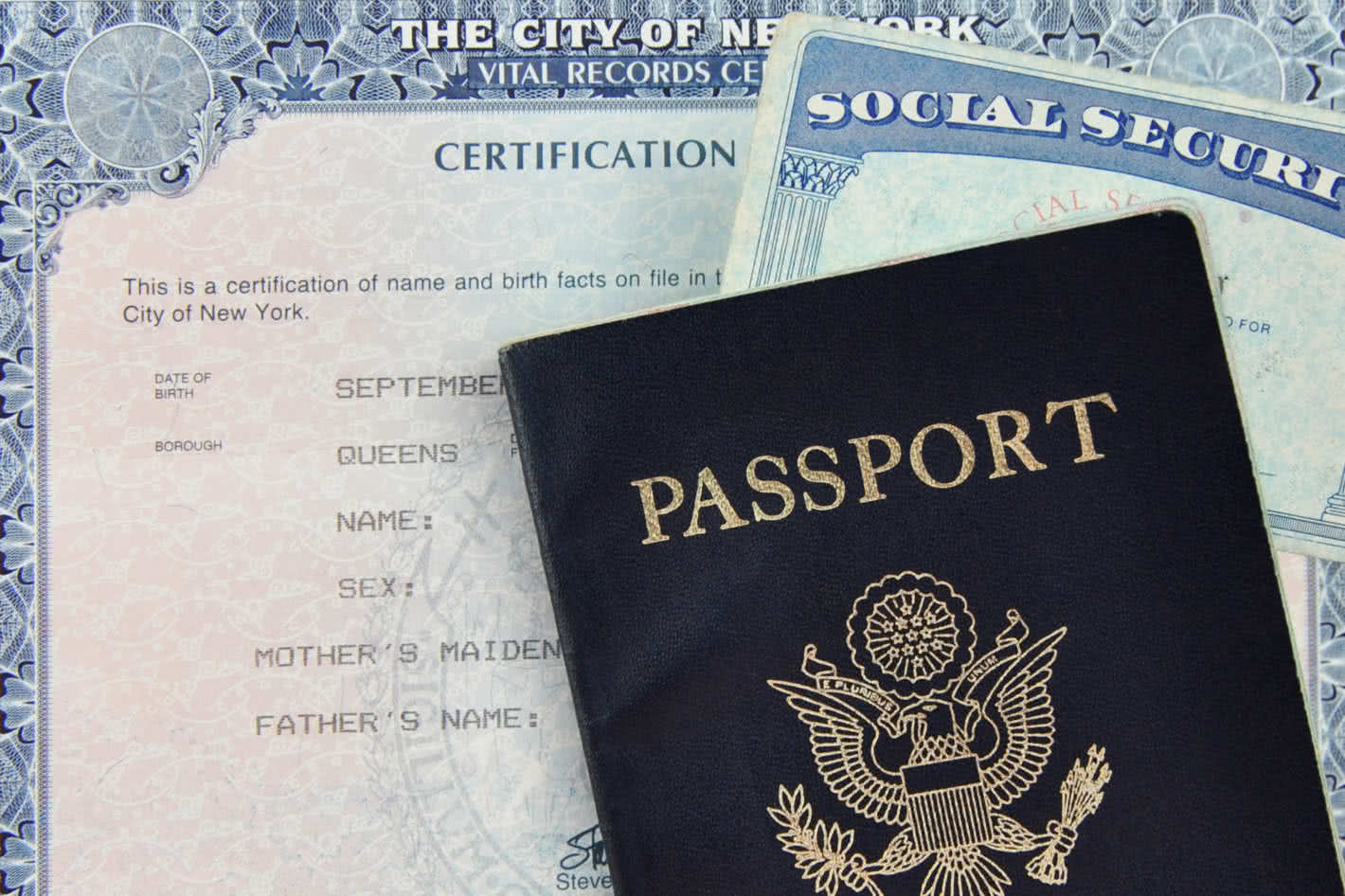5 Tips to Avoid being Hassled while entering the U.S
We have all heard horror stories regarding detentions at the border or airports due to a case of mistaken identity or an overzealous CBP officer, but some travelers experience delays each and every time they enter the U.S.
This most commonly occurs if the traveler:
- shares a name and date of birth with someone who is not eligible to enter the U.S. (especially if it is an unusual name)
- committed a crime, the charges were dismissed, but the FBI crime database was never updated to reflect the dismissal
- committed a crime, that does not result in automatic visa ineligibility or grounds of removal (like a DUI)
- previously overstayed a visa or stayed several months as a tourist
- had a child while in the U.S. on a tourist visa
If you are experiencing this problem, there are some steps you can take to reduce the chance that this will continue to happen or at a minimum, mitigate the length of the delay.
Submit a request for redress to DHS.
DHS has a formal process for traveler’s that are repeatedly subjected to secondary inspection. The traveler can complete an electronic form through DHS TRIP and the traveler can receive a “redress number”. Along with the form, the traveler can submit supporting documentation. DHS may respond to the request by requesting additional documentation. Once DHS reviews the request, the traveler will receive a determination letter and hopefully, a resolution.
The redress number is tied to this determination or pending determination. This number can be included on airline reservations and can be given to the CBP officer at the port of entry. Ideally, this will decrease delays because the CBP officer can see that a determination has already been made by the “experts” regarding this particular recurring issue. Even if the traveler is sent to secondary inspection, the process should be much quicker if the redress number references a favorable determination.
Travel with documentation
It is definitely a pain to bring extra stuff you don’t need when you travel, but it could mean the difference between being allowed to enter and being denied entry. This could include additional identity documentation, court records, or proof of payment for medical treatment, depending on the type of recurring issue.
Submit a Freedom of Information Act (FOIA) request
If you have tried the DHS redress system and still continue to be delayed, or you think the DHS determination is erroneous, you can request your immigration records. While some FOIA requests are quite fruitful, others yield very little information, but it is worth a try.
A FOIA request has to be very specific and addressed to the correct sub-agency within DHS. While some FOIA requests can now be returned digitally, they still can take a long time. Even if you are able to obtain the correct records, these records are usually full of acronyms, jargon, and legalese. It may be helpful to consult with an immigration attorney that can help you file your FOIA request and make sense of the records.
Ask for a visa annotation next time you renew your visa
If you are entering the U.S. with a visa, the next time you renew your visa you can ask the consular officer to add an annotation to your visa. This depends on the type of issue, but sometimes it can be helpful for immigration to know that the consular officer knew about a particular issue and still determined that you were eligible for the visa.
For example, if you had an arrest for a DUI in the U.S. 10 years ago and this is the reason why you continue to get hassled, the officer could annotate the visa with language that tells the CBP officer that this “hit” is not visa ineligibility.
This option may not work for every issue and the consular officer has the discretion whether to annotate the visa, but this could be one more way to address these recurring delays.
Consult with an attorney
DHS is a huge bureaucracy and it can often be difficult for the average traveler to navigate through the alphabet soup of acronyms and receive resolution. Sometimes, addressing a particular issue with DHS can expose the traveler to further investigation and arbitrary findings of inadmissibility. An immigration attorney can communicate with DHS on your behalf and advise you as to what steps are appropriate in your particular case. If you are experiencing delays related to a prior arrest, you might want to consult with an attorney that specializes in both criminal and immigration law.
Recommended Articles

SCOTUS clarified that a legal permanent resident alien can be physically in the U.S., commit a criminal offense, and still be inadmissible.

Fifth Circuit: Former Informants Are Not Protected Group

The Secretary of Health and Human Services has asked the Pentagon to add 5,000 more beds for young people. During last year’s surge of undocumented persons, the military opened emergency shelters to house the migrants at bases in Oxnard, San Antonio and Ft. Sill, Oklahoma.

On September 26th, 2015 U.S. District Judge Dolly M. Gee granted final approval of the settlement in Franco v. Holder, paving the way for previously deported immigrants with severe mental disabilities to request to reopen their cases in Immigration Court, and if approved return to the United States.

The defense attorney has an affirmative duty to properly advise. It is not enough to say it is a “possibility” under those circumstances.

About Tiffney Johnson
Tiffney Johnson is an immigration attorney in Tucson, Arizona. Tiffney has significant experience in the field of consular "crimmigration" (visa eligibility consequences of criminal convictions), complex citizenship issues, and visa and passport policy. She also focuses her practice on O visas for performing artists and procuring national interest waivers for self-employed professionals applying for immigrant visas. Prior to law school, she served as a consular officer with the U.S. Department of State for 15 years.


